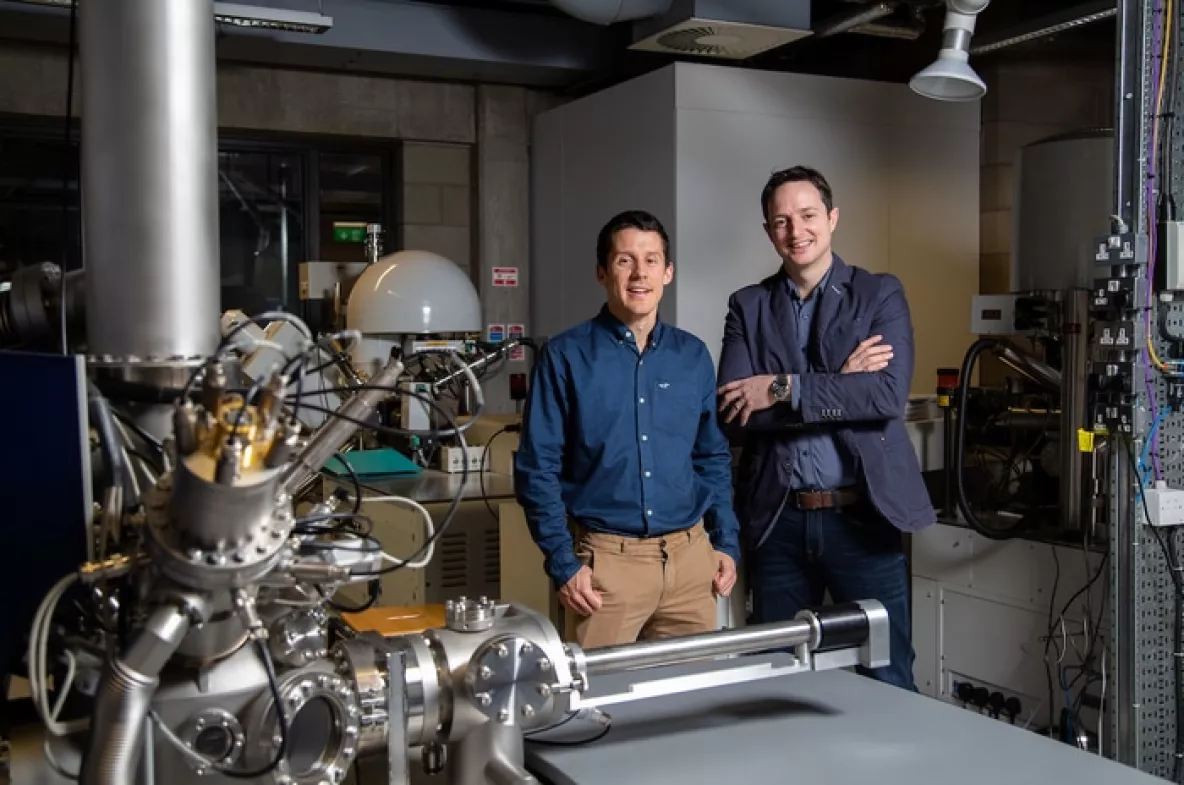
Researchers at UL’s Bernal Institute are leading an €8 million EU funded research project, called Si-DRIVE to develop battery technology for higher performance electric vehicles (EVs). EVs currently make up less than 2% of the European fleet despite gradual gains in the market share. However, European policy demands that by 2030 40% of all new cars are to be EVs. Significant improvements to existing EV battery technology are required to improve driving range and charge times, if this ambitious target is to be achieved.
Professor Kevin M. Ryan, leader of Si-DRIVE project explains: “This project will tackle the major barriers to EV uptake, which relate to driving range, cost and recharge times by completely re-imagining the lithium ion battery using innovative anode, cathode and electrolyte materials.“
The project will focus heavily on the sustainability of the system, with rare and expensive materials (e.g. cobalt) targeted for removal. This green focus will be supplemented by performing life cycle analysis, assessing the suitability of the cells for 2nd life applications and through the development of recycling processes for cell materials. Alongside their role as project coordinator, UL will also focus on the development of the high performance silicon based anodes materials. This research will lead to the development of lightweight anodes, composed of abundant elements that can reduce the overall weight of the final batteries. Coordination of the project will ensure that UL are at the forefront of battery research, through the development of research links and demonstration of the game-changing performance of their advanced anode materials.
Dr. Hugh Geaney, researcher on the project added: “The Si-DRIVE project will bring together leading experts from across Europe to deliver the sustainable and cost-effective battery technology required for environmentally friendly EVs of the future.”
The Si-DRIVE consortium is comprised of 16 academic and industrial partners from 7 European countries, across the entire battery development chain. Battery active material design will benefit from state of the art modelling capabilities, coupled with expertise in materials production and characterisation, to deliver higher capacity, safer materials required for future batteries. Cell safety enhancements will be achieved through the use of non-flammable solid electrolytes, which will be custom designed to allow fast charging capabilities desired by consumers. As part of the project, cell prototypes will be prepared using the optimised anode, cathode and electrolyte materials, to demonstrate performance enhancements compared to current state of the art electric vehicle batteries.
Dr Bob Flynn, National Contact Point for the Horizon 2020 at Enterprise Ireland welcomed the announcement, “'Si-DRIVE’ ranked first of all proposals submitted for this specific Horizon 2020 call and this success brings Irish researchers to the forefront of battery related research and technology development across Europe. Enterprise Ireland provided financial and technical support for the team to develop their proposal in line with our strategy for Horizon 2020 to support excellence in research with the objective of driving innovation and competitiveness across the Irish economy. To date Irish researchers and companies have successfully won €630m in approvals under Horizon 2020 bringing us over the half way point to achieving our national Horizon 2020 target of €1.25bn”.
Prof Kevin M Ryan is Chair of Chemical Nanotechnology at Department of Chemical Sciences and Bernal Institute at the University of Limerick. He is a Co-PI on SFI Research Centres MaREI and Amber and holder of an IRC Laureate.
Dr Hugh Geaney is a Principal Investigator affiliated with the Department of Chemical Sciences and Bernal Institute and is a holder of a starting investigator research grant from SFI.